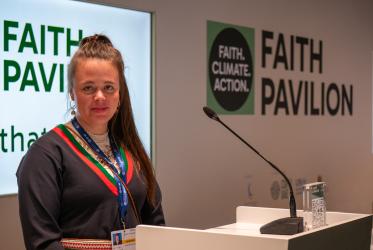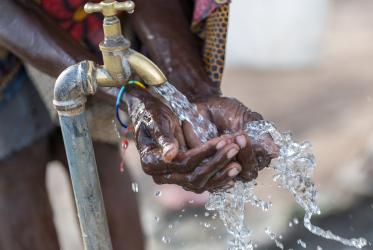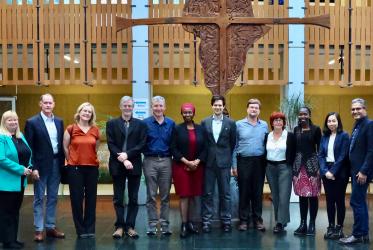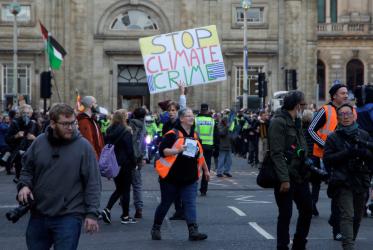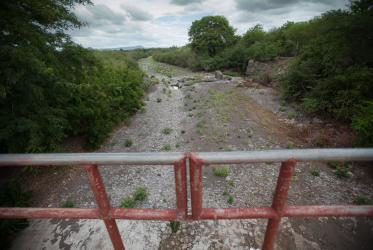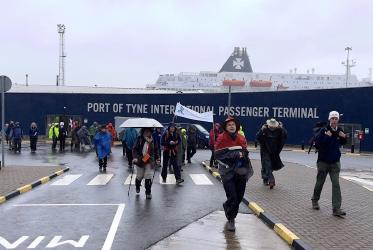Displaying 1 - 20 of 177
WCC institute encouraged rethinking theology
23 November 2023
Pandemic and pedagogy: what are the valuable lessons?
21 December 2022
Theological education in Africa promotes social transformation
03 November 2022
Christ’s Love (Re)moves Borders – GETI 2022 in images
13 September 2022
WCC leaders recall life-changing experiences from early days
10 February 2022
Protecting Ethiopia’s church forests
27 October 2021

